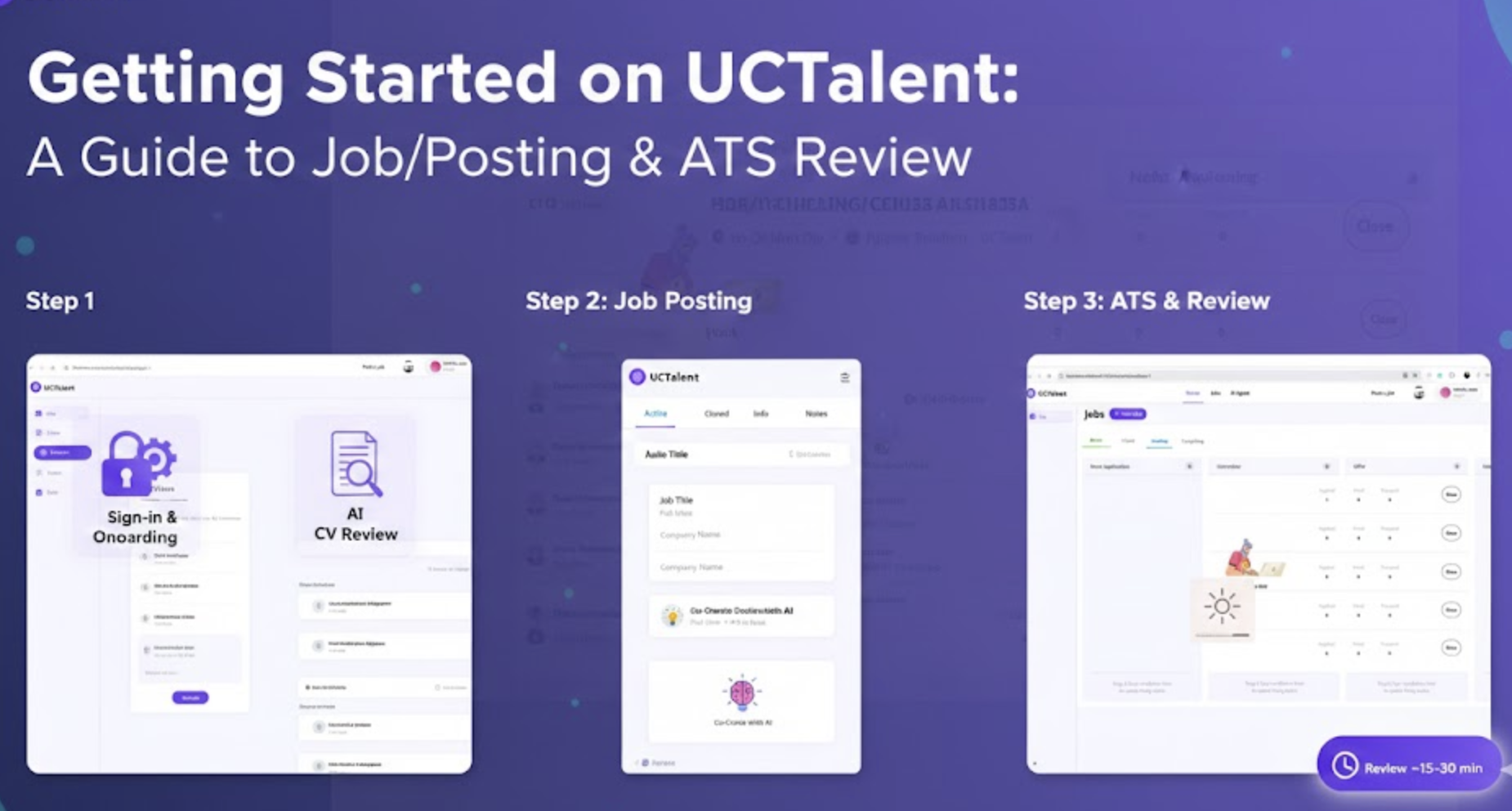Living in the Metaverse: How Virtual Worlds Are Transforming Our Reality
The idea of virtual worlds has fascinated humans for decades. What was once a far-fetched dream found only in the pages of science fiction novels has now become an evolving reality. The metaverse, a collective virtual shared space, is no longer a buzzword but a tangible concept that is rapidly transforming how we live, work and play. Fueled by advancements in blockchain technology, augmented reality (AR) and virtual reality (VR), the metaverse is emerging as the next big frontier in digital transformation.
In this new world, traditional boundaries dissolve. You can meet a friend from another continent for a virtual coffee, attend concerts, buy virtual real estate or even conduct business in immersive 3D environments. But what does it mean to live in the metaverse, and how is it reshaping our reality? Let's dive into the metaverse and explore how it’s changing the landscape of human interaction and commerce.
What is the Metaverse?

The metaverse is a collective virtual space where people can interact in 3D environments using digital avatars. It combines elements of augmented reality (AR), virtual reality (VR) and the internet, allowing users to socialize, work, play games and create experiences. Think of it as an online universe where your digital life and physical life blend together, enabling immersive experiences that go beyond traditional online interactions.
A Digital Economy: NFTs, Crypto and Virtual Goods
One of the most exciting aspects of the metaverse is its economy. Powered by blockchain technology, the metaverse economy includes virtual currencies, digital goods and most importantly, NFTs (Non-Fungible Tokens). These NFTs are digital assets representing ownership of unique items such as virtual real estate, artwork or even avatars.
For example, platforms like Decentraland and The Sandbox allow users to purchase, sell and trade parcels of virtual land. Once owned, these digital plots can be used to create virtual stores, galleries or event spaces. Celebrities and brands are already jumping into the metaverse by purchasing digital property to create branded experiences, such as virtual concerts or retail shops where users can buy exclusive NFTs.

The ability to own virtual property and assets has introduced a new dimension to the concept of ownership. Digital scarcity, thanks to blockchain’s immutable ledger, ensures that items like NFTs cannot be replicated, giving real-world value to virtual items. This is a critical shift from the traditional model of digital assets, which could be easily copied and shared.
Social Interaction in Virtual Worlds
Human interaction in the metaverse is set to mimic, and in many ways surpass, real-world social experiences. In virtual environments, users create avatars, digital representations of themselves, which they use to navigate the metaverse. These avatars can be customized, allowing for personal expression in ways that were never possible before.
Social interaction is one of the metaverse’s strongest selling points. Imagine attending a virtual concert where you and thousands of others can watch a live performance, or joining a virtual workspace where meetings feel just as interactive as face-to-face encounters. These experiences are not only immersive but are expected to redefine how people engage with entertainment, socialize and work.
Already, major companies like Meta (formerly Facebook) and Microsoft are investing heavily in the metaverse, betting on its potential to become the next dominant platform for social and professional interaction. With the integration of AR and VR devices, users can immerse themselves in shared virtual spaces, making interactions feel incredibly real.

This fusion of digital and physical life is only beginning. As technology advances, we’ll see more sophisticated avatars, smarter virtual assistants, and highly realistic digital environments. The future of social networking, it seems, is not just about posting pictures or videos; it’s about living out experiences in the metaverse.
Explore how companies are leveraging the metaverse to transform workspaces in our article on Remote Work and Blockchain.
The Impact on Education and Remote Work
The COVID-19 pandemic has accelerated the adoption of virtual environments for both education and work. In the metaverse, classrooms can be transformed into immersive learning environments, where students can interact with 3D models, attend virtual field trips, and collaborate with peers from across the globe. Virtual universities and training centers are already exploring the possibilities of offering degrees and certifications within the metaverse.

For remote work, the metaverse opens up new avenues for collaboration. Virtual offices allow employees to interact in a 3D environment, attend meetings in virtual boardrooms, and engage with colleagues in a way that is far more interactive than current video conferencing platforms. Large corporations, including Microsoft, have already begun developing tools for remote work that leverage metaverse technology. By using VR headsets, employees can walk through a virtual office, collaborate with teammates and even socialize in digital break rooms.

This shift in how we conduct work could have profound implications for the future of business, removing geographical limitations and making global collaboration the norm. As virtual reality and augmented reality tools become more accessible and affordable, the workplace of the future may very well be in the metaverse.
The Future of Commerce in Virtual Worlds
In addition to reshaping social interactions and work, the metaverse is also transforming commerce. Virtual marketplaces allow users to purchase digital goods, such as fashion items for avatars, digital art, and even virtual real estate. Retailers are capitalizing on this trend by opening virtual storefronts, where users can shop in a fully immersive experience, trying on clothes or testing products in a virtual setting before making a purchase.
Luxury brands like Gucci and Louis Vuitton have already launched NFT collections, allowing customers to buy exclusive digital goods for their avatars. This shift to virtual commerce is expected to open up new revenue streams for brands and enable creators to monetize their digital assets in ways that were previously unimaginable.

With more brands entering the metaverse, virtual commerce is expected to rival traditional e-commerce. As virtual worlds expand, businesses will increasingly turn to the metaverse to reach new audiences and offer novel shopping experiences.
Challenges and Considerations
While the metaverse holds immense promise, it is not without its challenges. Privacy concerns are at the forefront, as digital environments will likely collect even more personal data than current online platforms. Protecting user privacy and ensuring data security will be critical as more of our lives move into these digital spaces.

There are also questions about accessibility. Currently, access to high-quality virtual experiences often requires expensive equipment like VR headsets or high-performance computers. As the metaverse evolves, addressing these barriers will be essential to ensuring that it remains an inclusive space for all users.
Conclusion: The Metaverse is Here - Are You Ready?
The metaverse is not a distant vision but a rapidly approaching reality. As it continues to evolve, it will fundamentally change the way we live, work, and interact. Whether it’s attending virtual concerts, collaborating in immersive workspaces, or buying virtual real estate, the possibilities are endless.
As we step into this new digital frontier, it’s important to stay informed and adapt to these emerging technologies. For businesses and individuals alike, the metaverse represents a new frontier of opportunity and transformation.
Further Reading:
The metaverse is no longer science fiction—it's becoming a part of our everyday lives. How will you engage with this new virtual reality?







.png)




